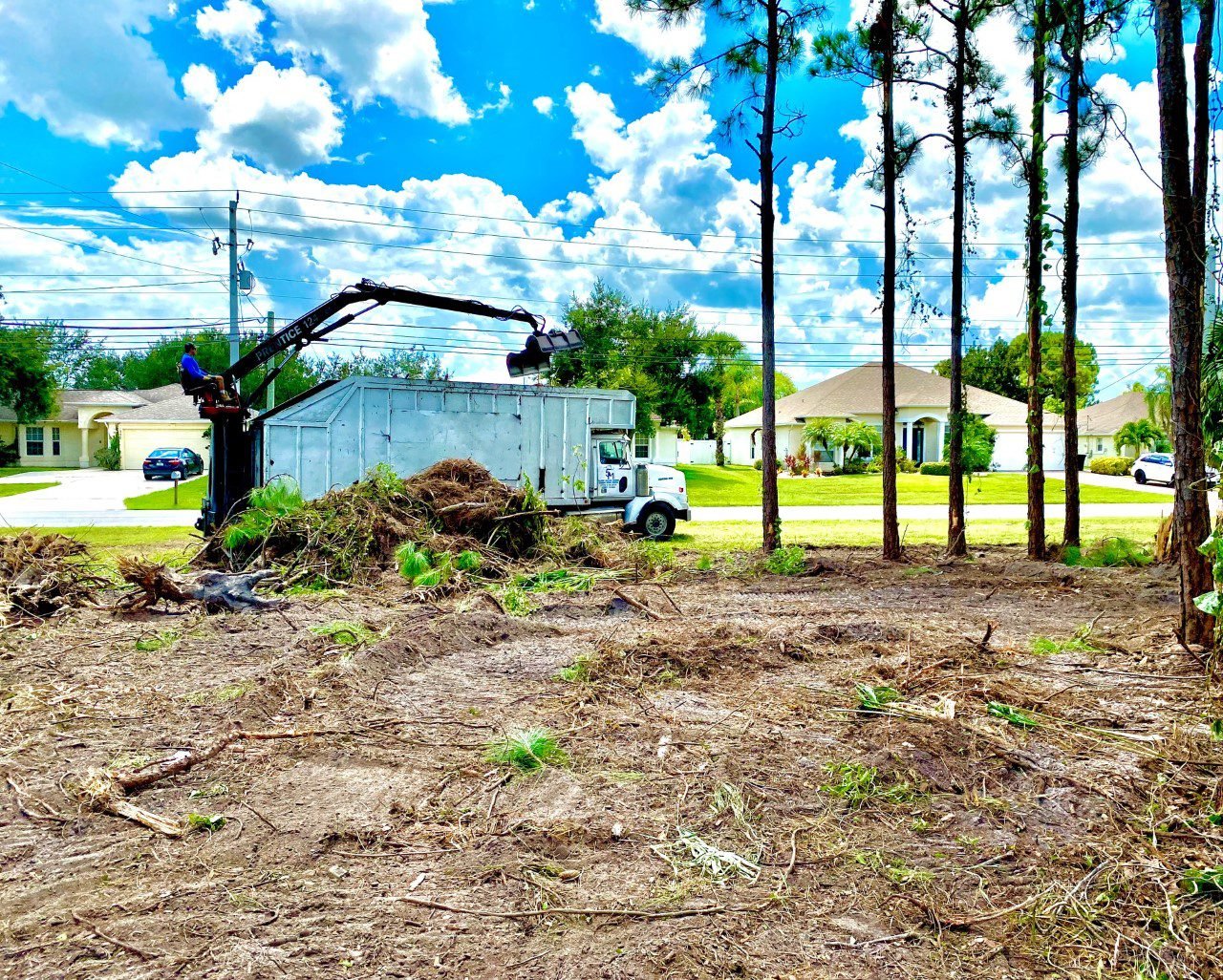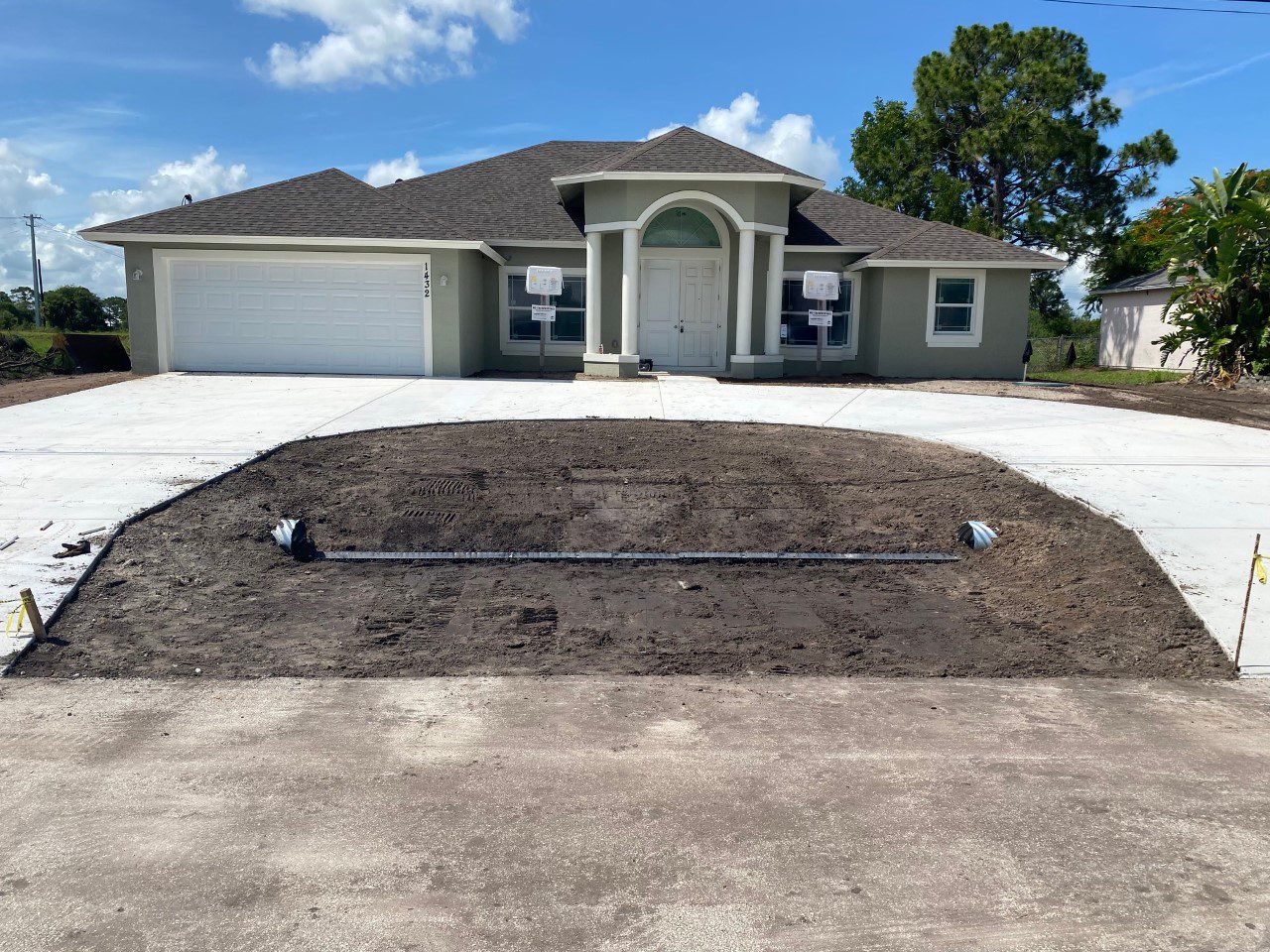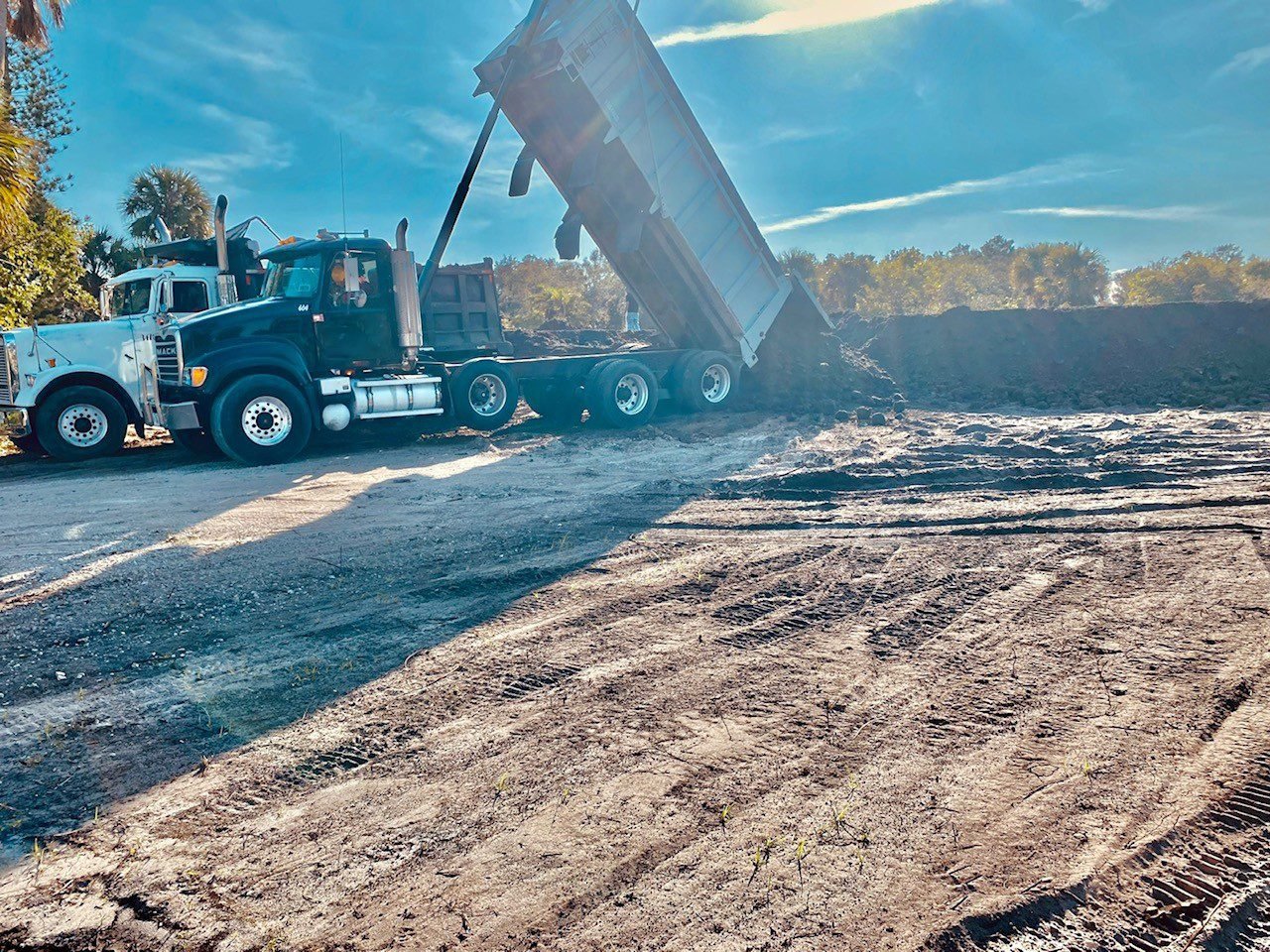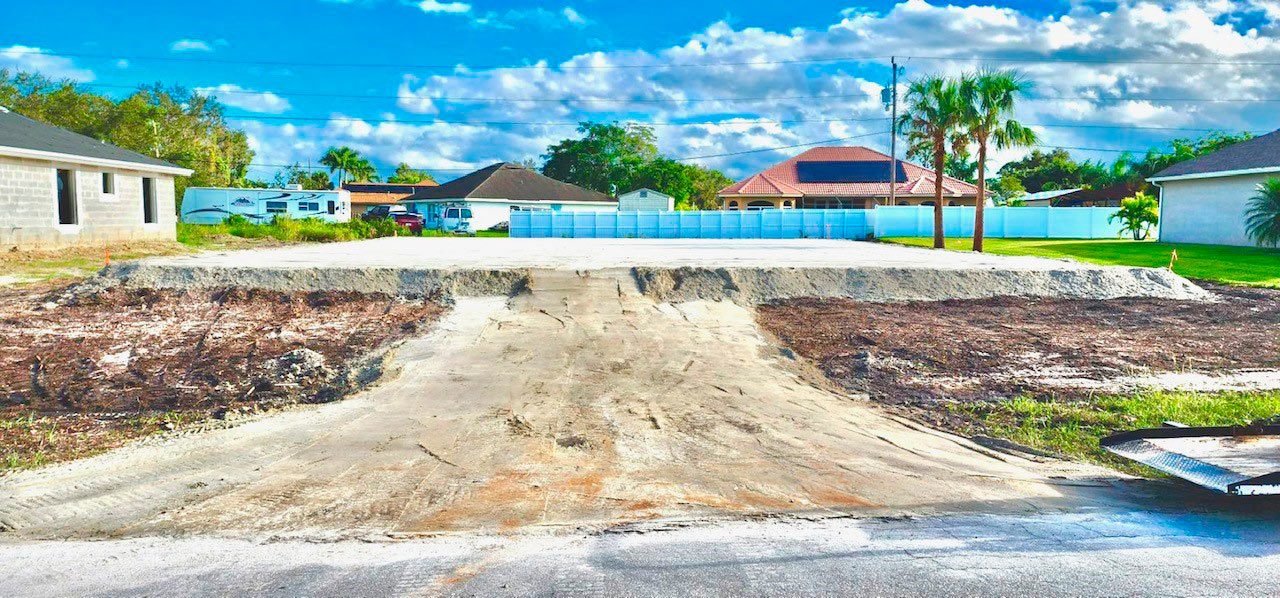Discover why Ground Leveling Services in Vero Beach are Essential for Construction
In any construction project, commercial or residential, two crucial elements must always be guaranteed: stability and longevity. Ground leveling services are essential for this. At Premier Site Work, our commitment is to prepare the ground in the best way for any construction project. In this article, you will find out in detail why ground leveling is fundamental in the construction industry. Read on!
The Role of Ground Leveling in Construction
Ensuring Stable Foundations
Ground leveling is crucial in the construction industry as it ensures the creation of a stable foundation for buildings and infrastructure. Without proper leveling, structures can suffer from uneven settling, leading to cracks and other structural issues.
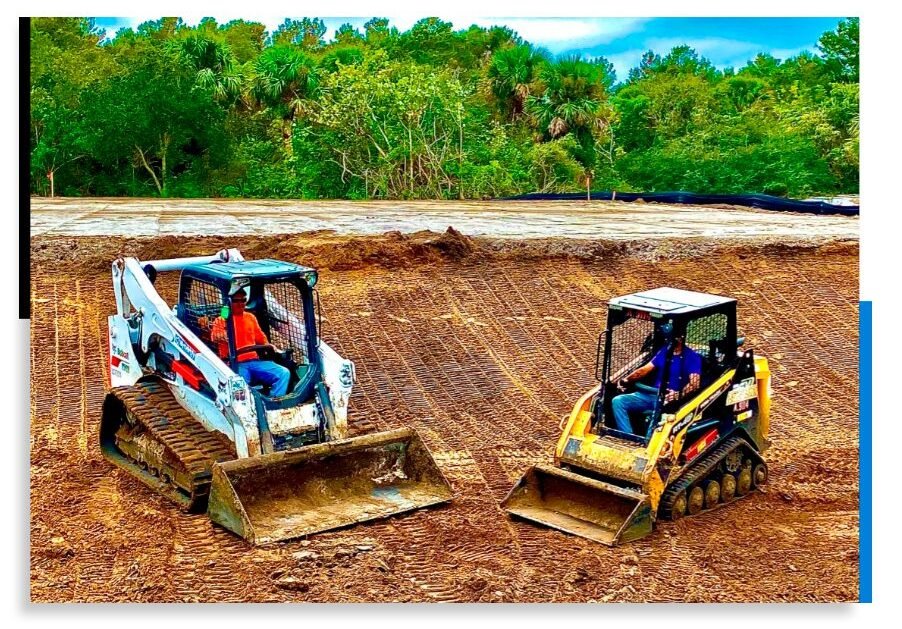
Key Benefits
- Provides a uniform base for construction, reducing the risk of structural problems.
- Enhances the overall stability and integrity of the building.
Preparing the Site
The preliminary procedure before any construction project begins is the preparation of the land. To do this you must clear the land of any kind of obstacles such as trees and other objects. In addition, it must be ensured that the ground is leveled so that all personnel and machinery can pass without any difficulties during the construction process.
Site Preparation Steps
- Clearing Debris: Removing any existing structures, vegetation, and debris.
- Rough Grading: Creating a basic level surface to facilitate detailed leveling.
The Ground Leveling Process for Construction
Initial Assessment and Planning
The ground leveling process starts with a thorough assessment of the construction site. This involves surveying the land to understand its current condition and planning the leveling process accordingly.
Detailed Survey
- Topographical Analysis: Understanding the natural contours and slopes of the land.
- Soil Testing: Analyzing soil composition to determine the best leveling approach.
Executing the Levelling
Once the initial assessment is complete, the actual leveling process begins. This consists in using heavy machinery to move and grade the soil to create a perfectly level base.
Leveling Techniques
- Cut and Fill: Excavating high spots and filling low areas to achieve a level surface.
- Laser Grading: Using laser technology to ensure precise leveling.
Finalizing the Site
After the leveling is complete, the site is fine-graded and compacted to ensure it is ready for construction. This step ensures that the ground remains stable and does not settle unevenly over time.
Final Steps
- Fine Grading: Smoothing out the surface to eliminate any minor irregularities.
- Compaction: Compacting the soil to provide a firm base for construction activities.
Machinery Used in Ground Leveling
Essential Equipment
Ground leveling requires the use of specialized machinery to ensure precision and efficiency. Here are some of the key machines used in the process:
Excavators
- Function: Used for digging and moving large amounts of soil.
- Advantage: Provides the capability to handle various soil types and site conditions.
Bulldozers
- Function: Ideal for pushing large quantities of soil and creating rough grades.
- Advantage: Ensures the site is roughly leveled quickly and effectively.
Graders
- Function: Used for fine grading and achieving a smooth, even surface.
- Advantage: Provides the precision needed for the final leveling stages.
Advanced Technology
Incorporating advanced technology in ground leveling enhances accuracy and efficiency. Laser and GPS technology are often used to achieve the best results.
Laser Levelling
- Purpose: Ensures the ground is leveled to exact specifications.
- Benefit: Reduces human error and improves overall precision.
GPS Guidance
- Purpose: Guides machinery to maintain accurate leveling throughout the process.
- Benefit: Increases efficiency and ensures consistency.
Considerations for Ground Leveling in Construction
Soil Composition and Stability
Understanding the soil composition is critical in the ground leveling process. Different soil types have varying characteristics that can affect the leveling process and the stability of the construction.
Soil Analysis
- Soil Types: Sandy, clay, and loamy soils each require different handling techniques.
- Stability Measures: Implementing measures to stabilize the soil based on its type.
Environmental Impact
Construction projects must consider the environmental impact of ground leveling. Ensuring that the process does not negatively affect the surrounding environment is crucial.
Environmental Protection
- Erosion Control: Implementing measures to prevent soil erosion during and after the leveling process.
- Water Management: Ensuring proper drainage to avoid water pooling and runoff issues.
Regulatory Compliance
Adhering to local regulations and standards is essential in any construction project. Ground leveling must comply with all relevant guidelines to ensure safety and legality.
Compliance Measures
- Permits and Approvals: Securing necessary permits before commencing work.
- Safety Standards: Following all safety regulations to protect workers and the environment.
Contact Premier Site Work for Expert Ground Levelling Services
Premier Site Work brings decades of experience to every ground-leveling project in Vero Beach, FL. Our team is dedicated to providing precise and reliable services that meet the highest standards of quality and safety. Contact us today for a free estimate and to discover how our ground leveling services can benefit your construction project. Visit Premier Site Work for more information.
Call us at (772) 532-8506 to get started today.
We are licensed and insured.
We are licensed and insured.





